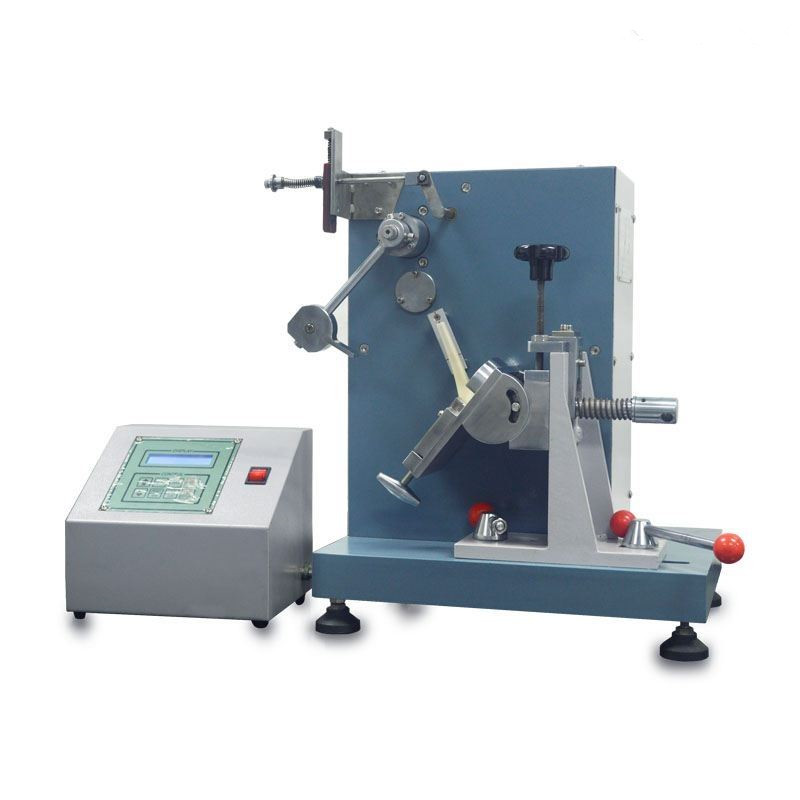Heel Impact Fatigue Testing Machine
The heel impact fatigue testing machine is a specialized device designed to evaluate the durability and resistance of shoe heels, particularly women's high-heeled footwear, under repetitive impact conditions. By simulating real-world scenarios where heels endure continuous stress from walking or external forces, this machine plays a pivotal role in ensuring product quality and safety. This article explores its working principles, applications, and significance in the footwear industry.
How It Works
The machine operates by subjecting a shoe heel to repeated impacts from a pendulum or striking mechanism. Key parameters include impact energy (typically 0.68 Joules per blow), frequency (up to 60 blows per minute), and angle adjustability (0–180 degrees). The heel is secured in a specimen holder, and the pendulum swings to deliver controlled strikes, mimicking actions like stepping on uneven surfaces or accidental collisions. A digital counter records the number of impacts until the heel fractures or reaches a predefined fatigue limit. Compliance with standards such as BS-5131, ISO 19956, and SATRA TM21 ensures consistent and reliable results across manufacturers.
Applications in the Footwear Industry
- Quality Control: Manufacturers use this machine to test heel durability during production, reducing defects and ensuring compliance with safety regulations.
- Material Research: It aids in comparing the performance of different materials (e.g., rubber, plastic, or composite heels) under fatigue stress, guiding material selection for longer-lasting products.
- Design Optimization: By identifying weaknesses in heel structures, engineers can refine designs to enhance impact resistance and comfort.
- Market Compliance: Brands must meet industry standards to certify their products, and this machine provides critical data for regulatory approvals.

Market Significance and Future Trends
As consumer demand for durable yet stylish footwear grows, the heel impact fatigue testing machine has become indispensable. Manufacturers globally invest in advanced models with features like adjustable impact angles, high-speed data logging, and automated controls to streamline testing. Leading suppliers, such as China-based Great Win Instrument and UBY Industrial, offer compact yet robust machines (e.g., models GW-039 and UP-4025) tailored for labs and production lines.
The future of this technology lies in integrating AI-driven analytics to predict heel lifespan more accurately and adopting eco-friendly materials that maintain performance while reducing environmental impact. For businesses, investing in such testing equipment not only ensures product reliability but also strengthens market competitiveness in an increasingly quality-conscious industry.
In conclusion, the heel impact fatigue testing machine is a cornerstone of modern footwear manufacturing, bridging innovation and safety to meet evolving consumer expectations.

